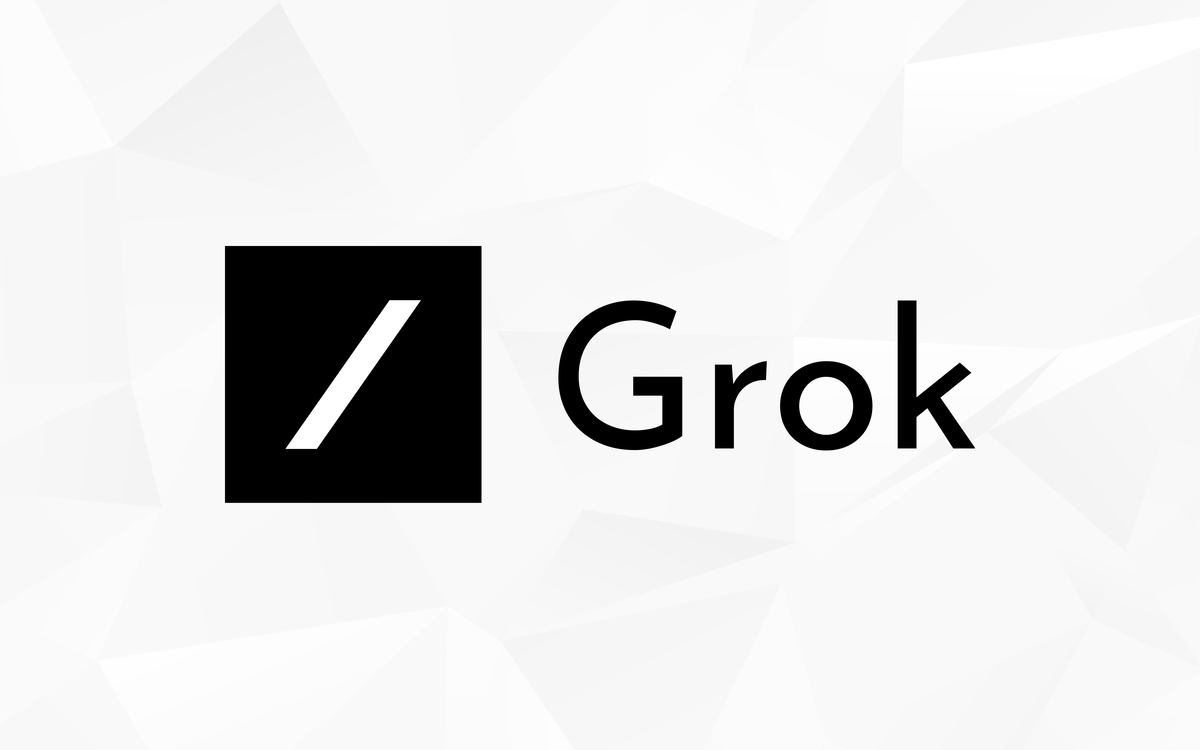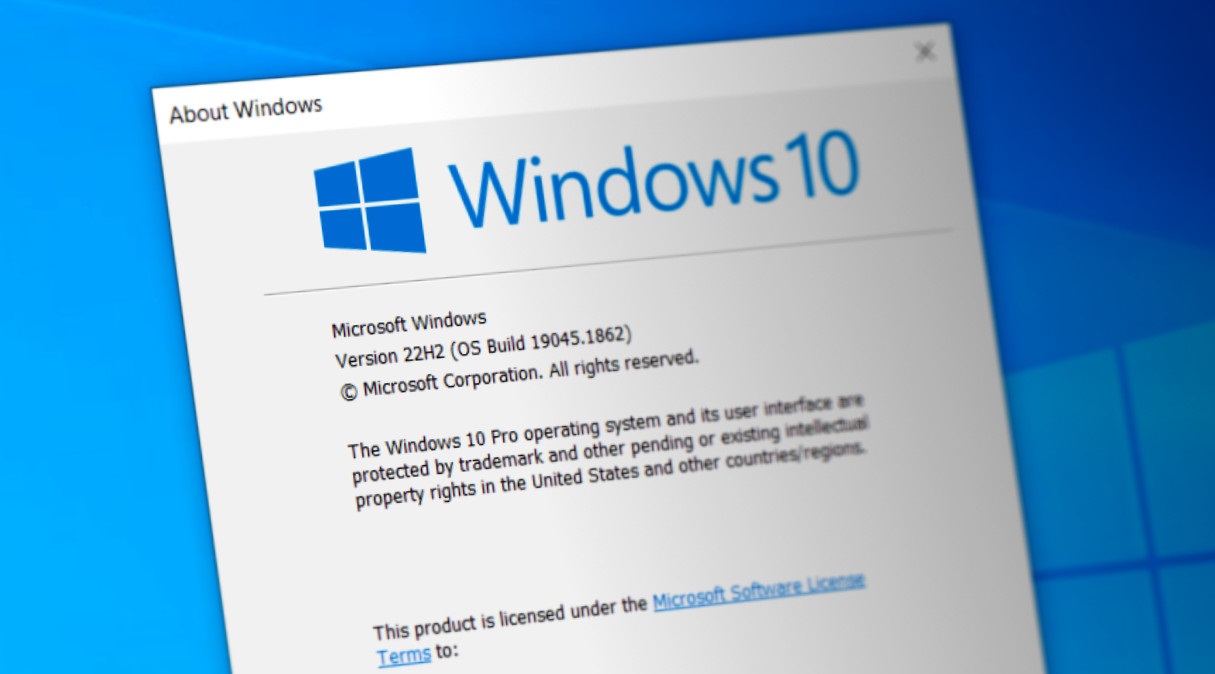
Elon Musk, the divisive CEO of Tesla and more recently the owner of Twitter (now known as X), is a fierce critic of the AI industry—but now also a deeply invested participant in that very same industry.
X’s Grok generative AI product is being integrated into the web and mobile versions of the social network, and training itself on billions of tweets thanks to an automatic opt-in for all users. (All large language model (LLM) AI tools need to be trained on massive amounts of text, which is why ChatGPT periodically releases new versions with an updated core database.)
It seems like a constantly refreshed pool of conversations from some of the web’s most active users was simply too much for company xAI to resist, which now automatically scans your “posts as well as your interactions, inputs, and [Grok search] results.”
At the moment, X is using Grok as a chatbot for premium users and to replace human-made summaries of late-breaking news stories, with predictable issues resulting. The flippant and “rebellious” tone of the Grok model’s responses has been criticized by initial users, and its reliance on constantly updated data from X seems to make it particularly susceptible to deliberate misinformation campaigns.
All X/Twitter users are automatically opted into having their data scanned by Grok, whether they pay for premium features or not. Thankfully, it’s possible to opt out manually… though not particularly straightforward.
To keep Grok from scanning your content, go to X’s Settings menu on the web (the option is not available in the official app). Click Privacy & Safety, then Grok, then remove the checkmark from Allow your posts…to be used for training and fine-tuning.
At this point, I can’t help but point out that the word “grok” (a verb meaning “to understand deeply”) entered the mid-century lexicon from Robert Heinlein’s 1961 novel Stranger in a Strange Land. Heinlein, who also wrote sci-fi staples like The Moon is a Harsh Mistress and Starship Troopers, is iconic for both his expansive speculative fiction and heavy-handed libertarian themes. He’s a favorite among Silicon Valley tech CEOs like Musk.
Heinlein was also famously obsessive about the need for privacy and the dangers of losing it, something that he expressed both in his fiction and his personal life. I wonder how he’d feel about a ubiquitous social network scanning every word you’ve written on it (and beyond) without so much as a “by your leave,” for the purpose of training an AI tool.



